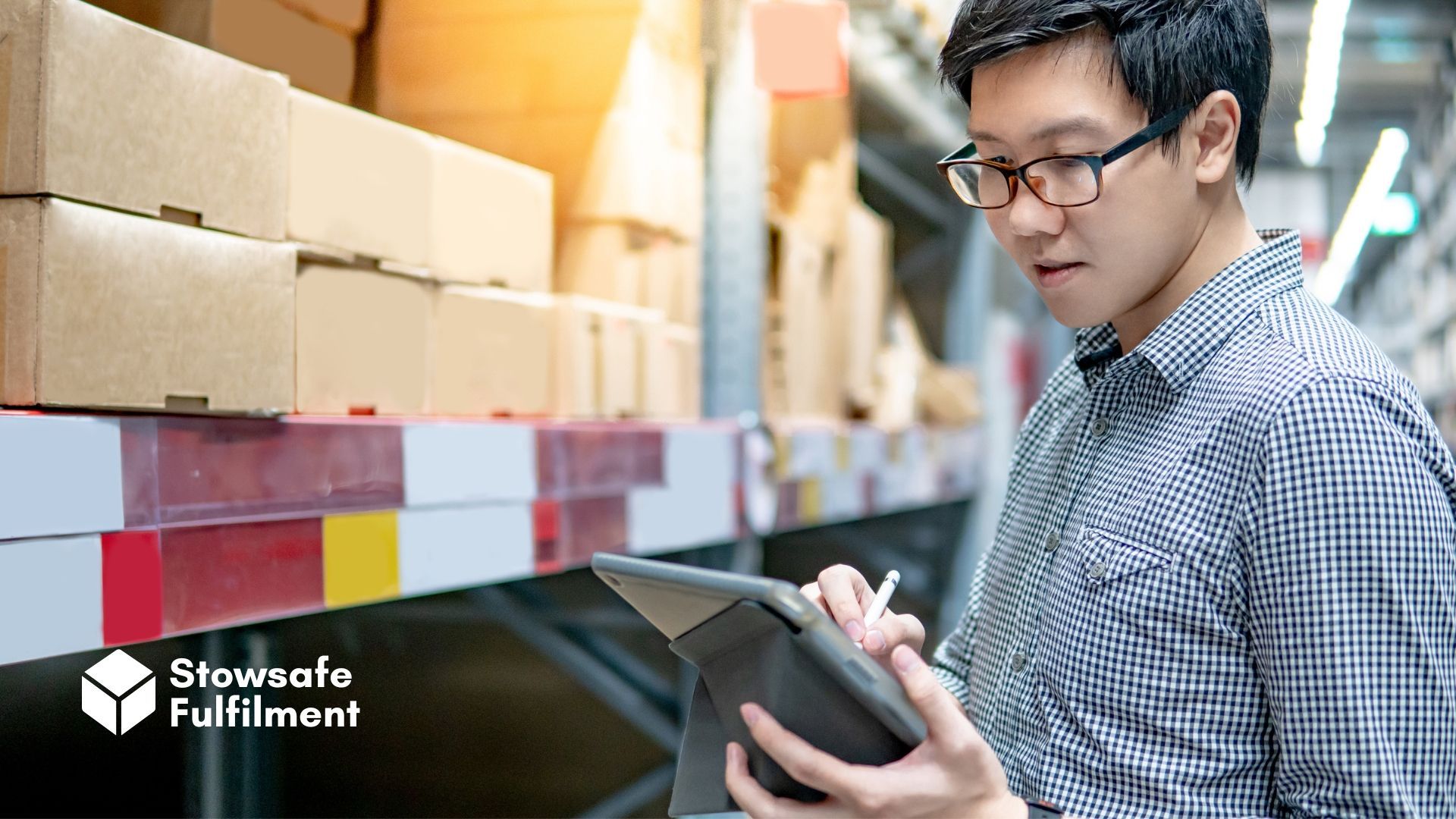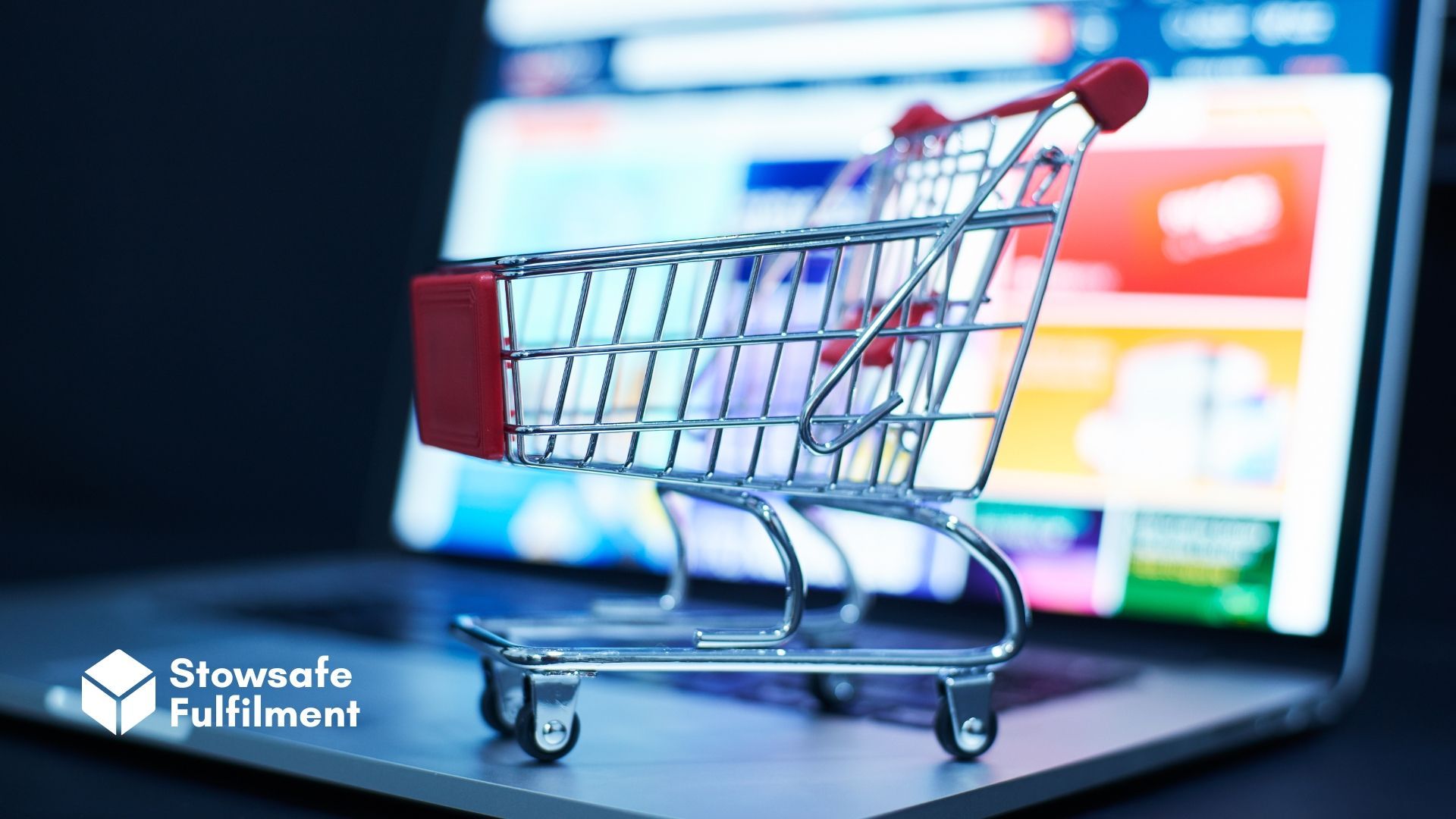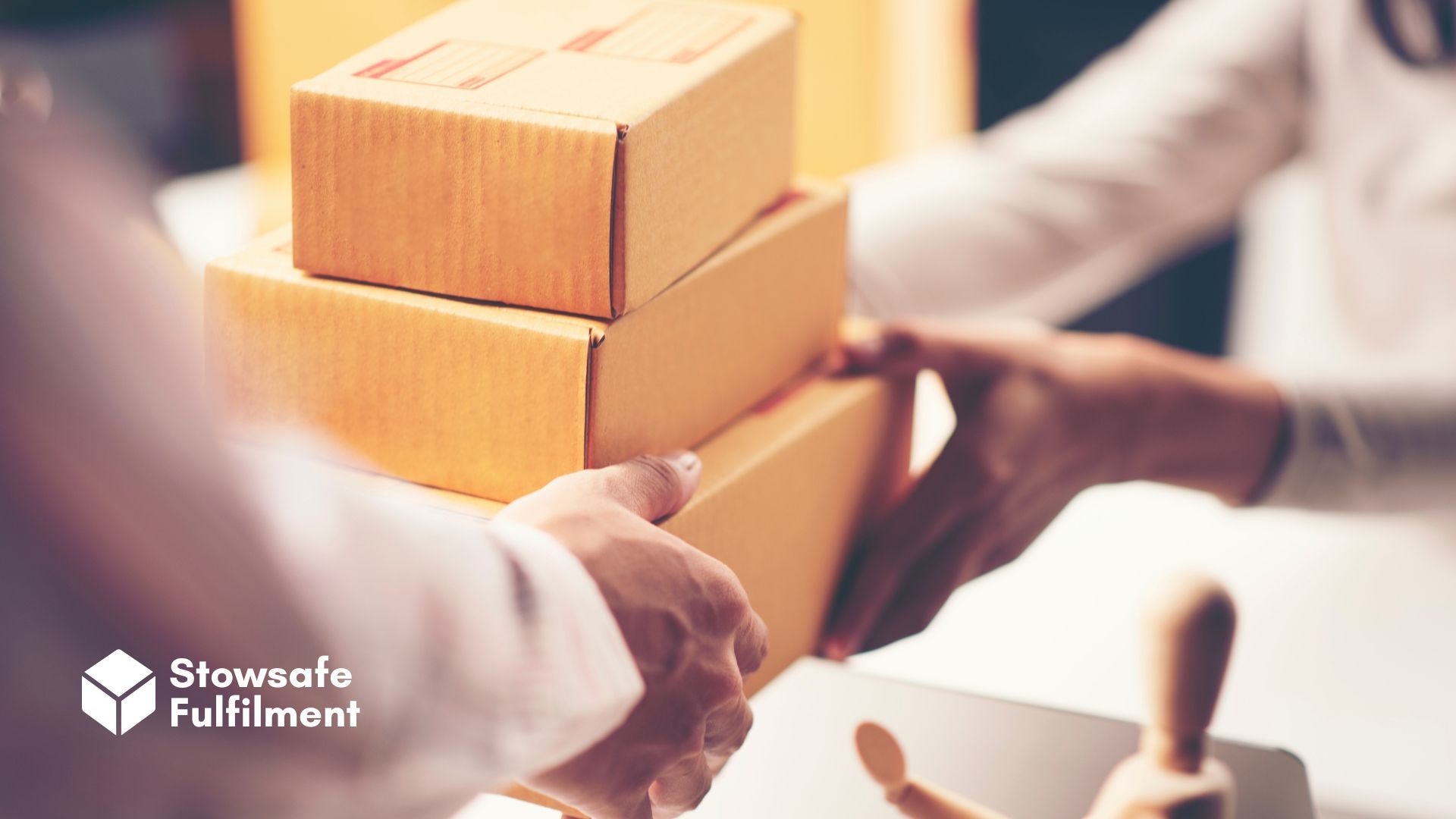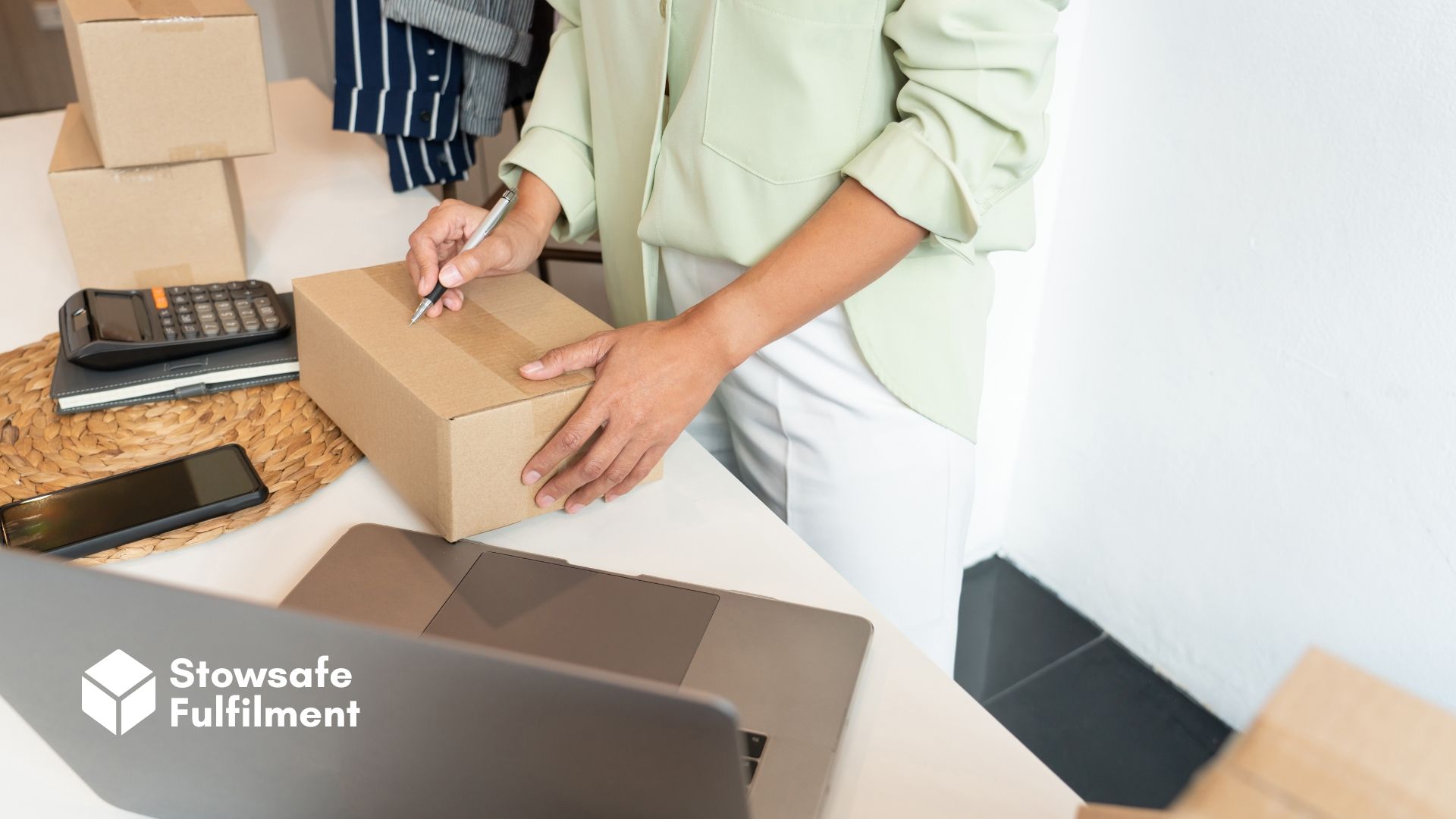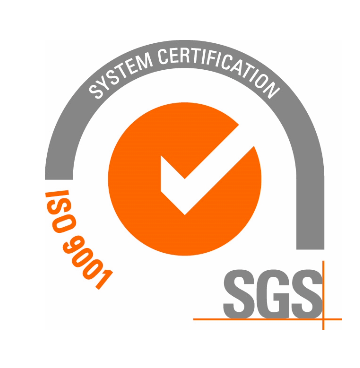Since the UK left the EU, shipping rules and regulations have changed. If you run an eCommerce store, here are some things you need to know.
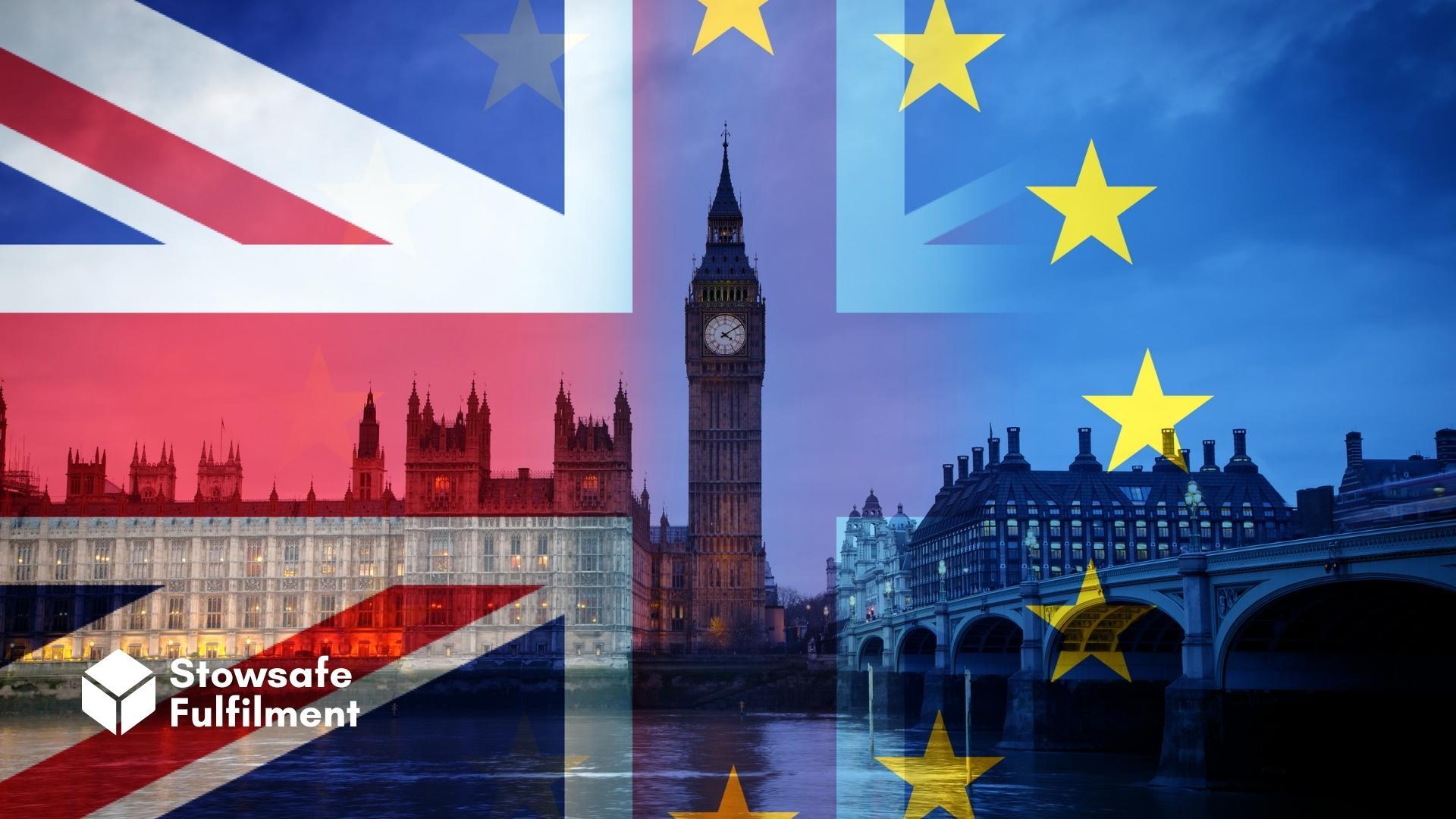
If you run an eCommerce store and need to transport a large number of goods overseas, it's time to enter the world of freight shipping.
This term refers to the transportation of goods in bulk by air, road and sea. In this context, "bulk" refers to anything weighing over 68 kilograms.
Your items will typically be transported on pallets or in heavy-duty containers and can be transported across the world.
How has Brexit affected this?
The world of freight shipping is complex at the best of times – and the UK's departure from the EU hasn't made things any simpler.
The way that UK businesses can trade with EU member states has changed. There are some bureaucratic hoops to jump through to carry on "business as usual" – or as close as possible.
The case of Northern Ireland
Even shipping within the UK has changed in the case of Northern Ireland, which remains part of the UK customs territory whilst abiding by the EU Customs Code.
In practice, this means that goods transported between the EU and Northern Ireland are subject to EU customs procedures even though Northern Ireland remains in the UK.
What does this mean for you? Well, if you're based in the UK and are transporting goods to Northern Ireland, it's as though your goods are entering the EU from the outside.
What do I need to know?
The post-Brexit landscape is daunting for small businesses, and you'd be forgiven for worrying about disruption to your operations – everything from getting your head around new regulations to keeping up with export costs.
Whether you've been shipping to the EU for a while or are just beginning to expand, here are five things you can do to ensure smooth sailing.
1. Register for a new EORI
An EORI is an Economic Operator's Registration and Identification number. This is a number issued by HMRC that's used as ID in all customs procedures. It reduces the chances of delays and extra costs at the border.
If you already have one, check that it begins with "GB". This is a new requirement that could be the difference between a successful and unsuccessful shipment.
To apply for an EORI via the
Government Gateway you will need:
- Unique Taxpayer Reference (UTR).
- Business start date and Standard Industrial Classification (SIC) code. (These can be found in the Companies House register.)
- Government Gateway user ID and password.
- VAT number and date of registration.
- If you're a sole trader, you'll need your National Insurance number.
Getting or updating an EORI is a simple process that can be actioned immediately – unless HMRC needs to carry out any checks, in which case it can take up to five working days.
2. Value Added Tax (VAT)
As your small business grows, the shadow of VAT looms.
You have to register for VAT if your total VAT taxable turnover for the last 12 months exceeded the threshold of £85,000.
But how about registering for VAT in the countries you're selling to?
There are a couple of scenarios here that may apply to you.
If you sell goods from Northern Ireland to the EU and you exceed the distance-selling threshold, then you're legally obliged to pay VAT in the country where these sales are made.
If, by contrast, you're selling goods from the UK to the EU, then you only need to be registered for VAT with HMRC.
3. Update your policies
Across the board, shipping to EU states is now taxed at a higher rate – so you need to update your shipping policy accordingly. Aside from anything else, this will keep clear lines of communication open between you and your customers.
You'll need to decide whether you're shipping DDP (delivery duty paid) or DAP (delivery at place). DDP is where you take responsibility for all shipping fees, whereas DAP makes the buyer responsible.
DDP is most often used for international shipping but there's a trade-off. While it reduces risk for the buyer, it costs more for the seller.
There are pros and cons for both methods which you'll need to weigh up when shipping internationally.
4. Offer different shipping options
New VAT and tariffs will mean you have to tweak your shipping options.
Offering both expedited and standard shipping gives customers a choice – some won't mind paying extra, and others will prefer to wait if it means saving a bit of money.
Naturally, you'll want to include estimated shipping dates to illustrate these choices.
5. Start writing commercial invoices
If your business has already exported to countries outside of the EU, you'll already be familiar with the commercial invoice. Haven't heard of it? It's a document that's essential for you to get to grips with now that the UK is no longer part of the EU.
A commercial invoice has to be provided by a business shipping internationally. It includes a description of the items and their value, as well as information about the shipper.
Some couriers will complete the invoice for you based on the information you provide. Either way, you'll need the following details:
- Parcel collection details.
- Parcel delivery details, including weight and dimensions.
- Instructions for the delivery driver (optional).
- Customs declaration – a full description of each item in your shipment.
- VAT status.
- Reason for export.
- The country where the goods were manufactured, produced or grown.
- Number of units.
- Unit value.
- Declaration that you're not shipping any items prohibited by the courier.
So whether your eCommerce store is just beginning to ship internationally or you're an old salt, these are five things worth bearing in mind.
At Stowsafe, we deal with eCommerce fulfilment so that you don't have to. Our mission is to take routine tasks like picking, packing and dispatching out of your hands so that you can focus on growing your business.
Looking for a 3PL partner? Then take a look at our
online fulfilment services and
get in touch – we'd love to hear from you.
All Rights Reserved | Stowsafe Fulfilment


